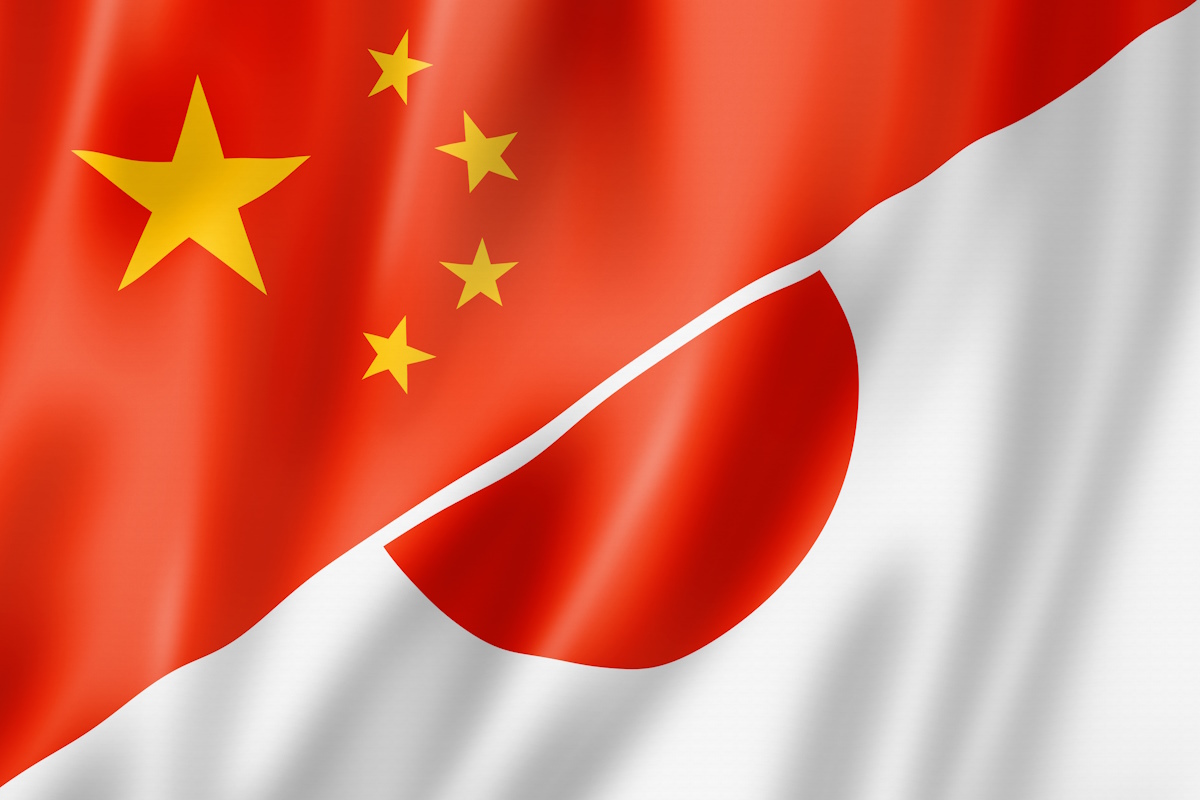While China’s economy is stuttering, investors wonder whether the country could repeat Japan’s experience in the 1990s, i.e. whether it could undergo a “Japanification”.
The term “Japanification” means that many problems seen in today’s developed economies first appeared in Japan about 30-40 years ago. These include slow economic growth and low inflation despite support from policies and central banks.
“Similarities between Japan in the 1980s/90s and contemporary China abound, notably around high debt levels, weak domestic demand, worsening demographics and difficult external trade relations,” opines State Street.
In the 1990s, the debt of Japanese households was nearly 70% of the country’s GDP. By the third quarter of 2023, China’s household debt had expanded to 62%, up from approximately 11% in the early 2000s, as per Vontobel.
State Street expressed concern over the dimming of future economic prospects, particularly at a time when China’s economy has experienced a significant decline following decades of rapid growth driven by investment, indirect financing, and a strong dependence on exports. “The bursting of the debt bubble will mean that China’s growth model is damaged, and the negative spiral can take hold,” the asset manager adds.
The state of China’s real estate market also parallels Japan in the 1990s. After soaring house prices, Chinese property developers came under pressure with the climax of Evergrande’s liquidation ordered by a court in Hong Kong in January. “A further escalation of the crisis could have a drastic impact, as the real estate market accounts for almost 30% of China’s GDP,” says Stefan Eppenberger, Head of Multi-Asset Strategy at Vontobel.
However, it is not a “one-to-one comparison”, says Eppenberger. He points to differences in the stock market environment and currency trends.
Goldman Sachs Research China Economist Hui Shan has a similar view. “China’s property slump isn’t being accentuated by a stock market collapse, as was the case for Japan in early 1990 when plunging share prices severely damaged its banking system,” she says.
Shan points to the bright spots in China’s economy, including investment in electrical machinery in the manufacturing sector and an increase in making precession instruments and cars. She further highlights the ongoing shift of the economy relying on property and infrastructure investment for growth to upgraded manufacturing and self-reliance.
“During this process, growth is expected to be soft before the new engine reaches a scale comparable to the old engine,” Shan says. She expects inflation to be muted due to the unfavourable demand-supply balance and nominal interest rates to stay low to facilitate the deleveraging of the old economy. “These are mild symptoms of Japanification that will stay with China for at least a few years, in our view,” Shan adds.


 Australia
Australia China
China India
India Indonesia
Indonesia Japan
Japan Malaysia
Malaysia Philippines
Philippines Singapore
Singapore South Korea
South Korea Taiwan
Taiwan Thailand
Thailand Vietnam
Vietnam







